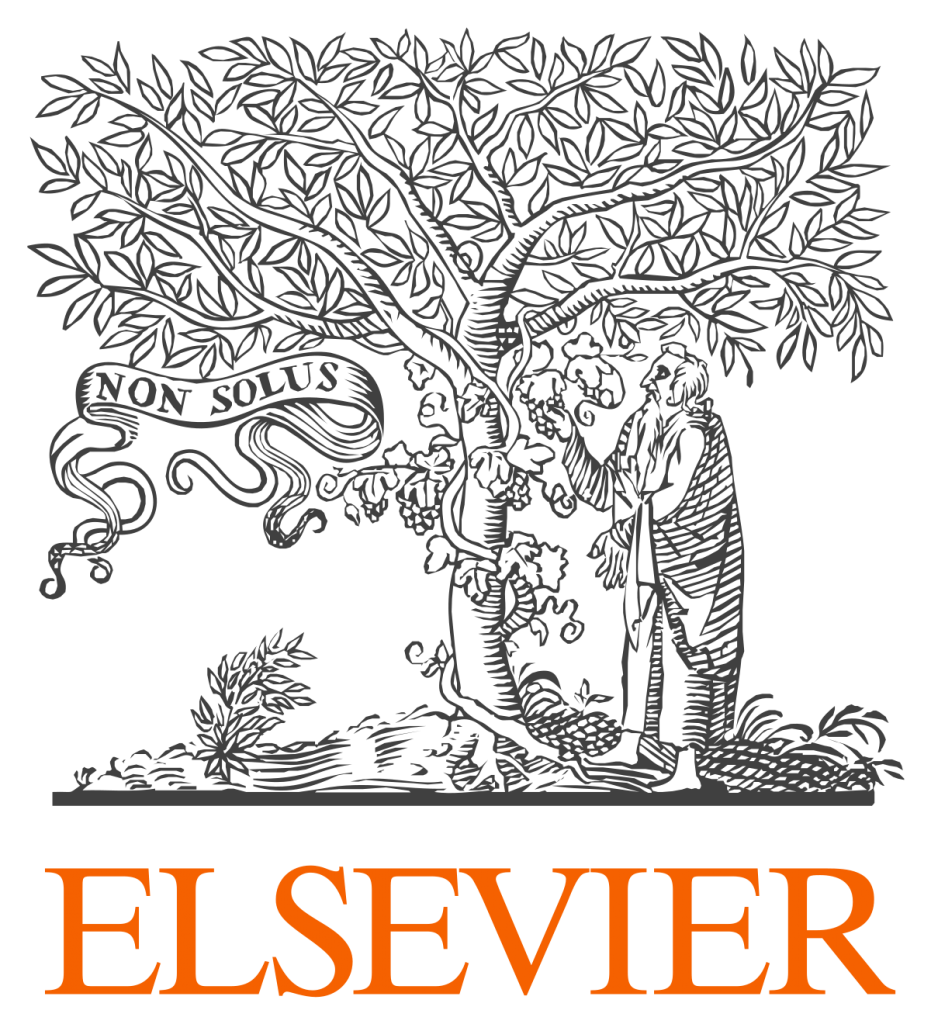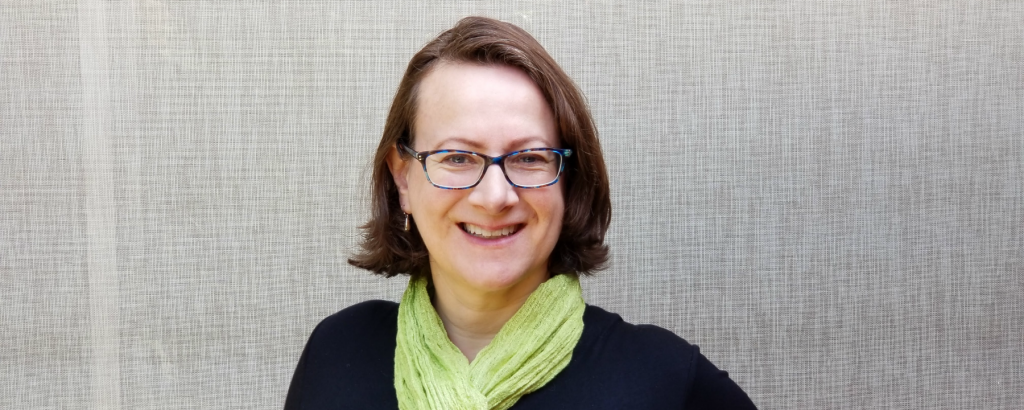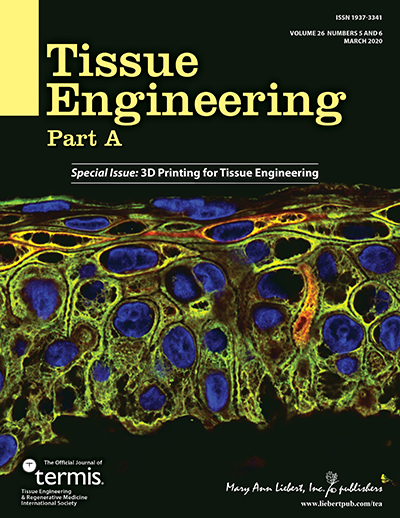
Science Translational Medicine has issued an expression of concern about a 2020 paper on the genetics of colorectal cancer by a group in China whose results were pegged on a test that couldn’t have produced the findings.
The article, “Circulating tumor DNA methylation profiles enable early diagnosis, prognosis prediction, and screening for colorectal cancer,” appeared in January, with authors from both academia and an outfit called the Guangzhou Youze Biological Pharmaceutical Technology Company.
Continue reading Former UCSD prof who resigned amid investigation into China ties has paper flagged for using the wrong test







